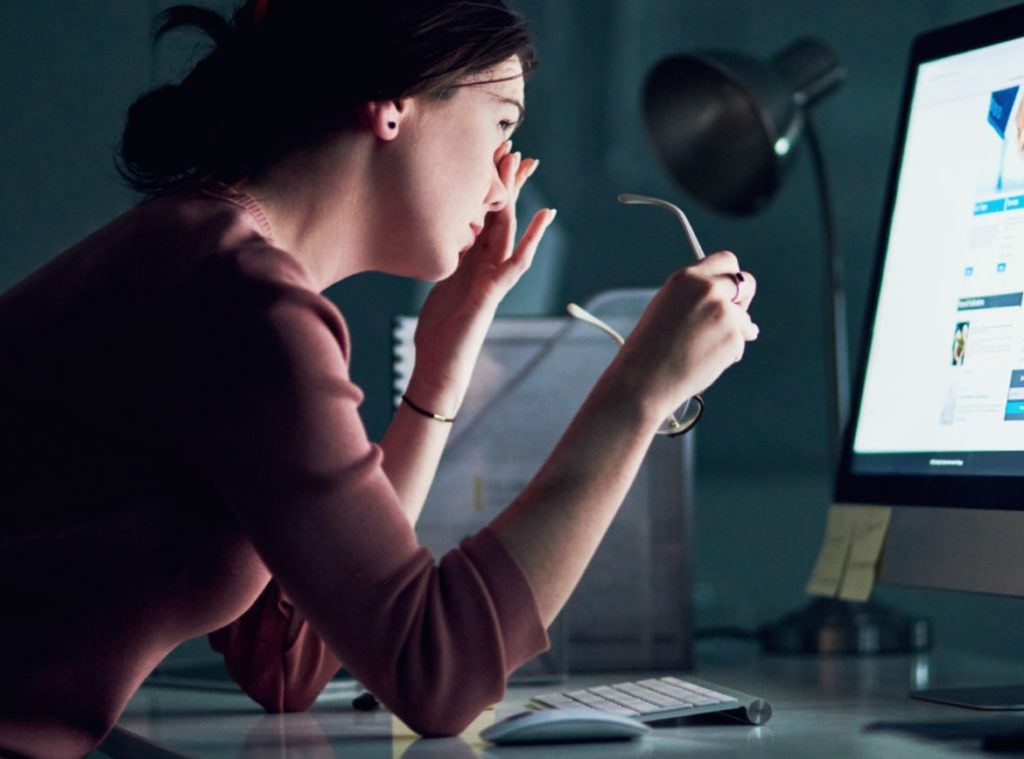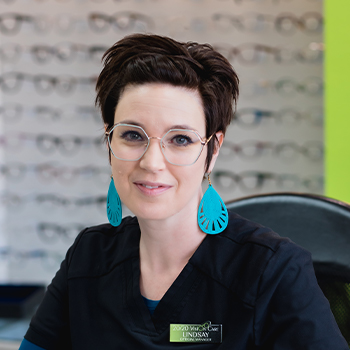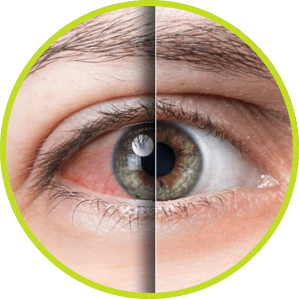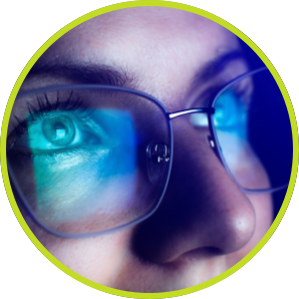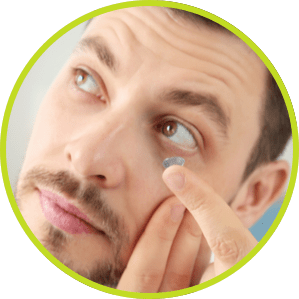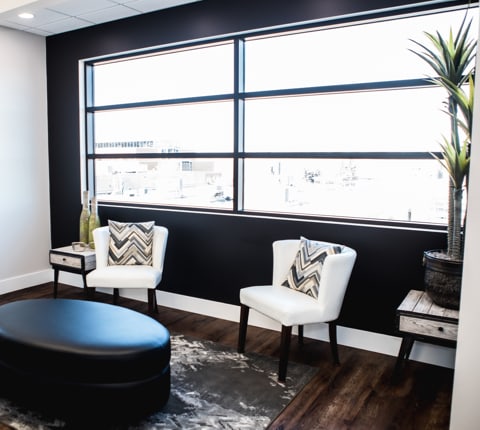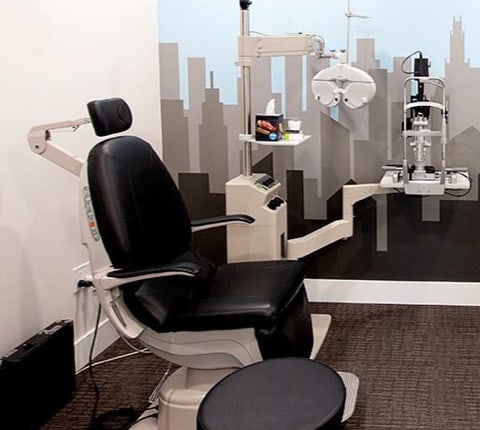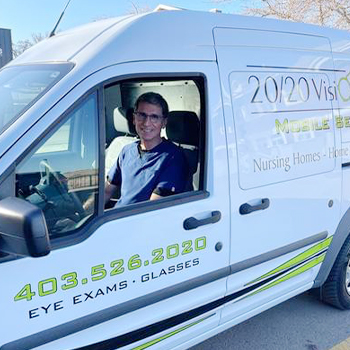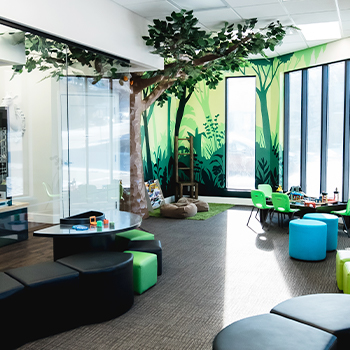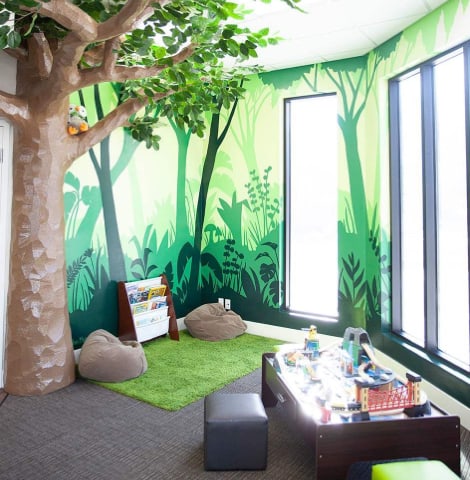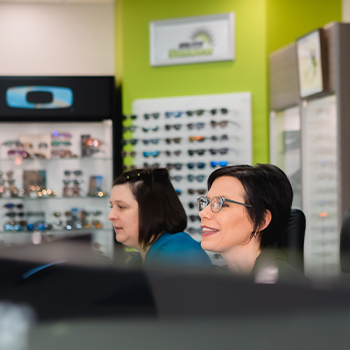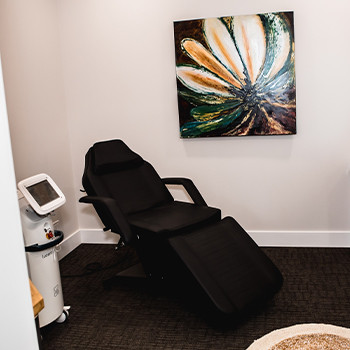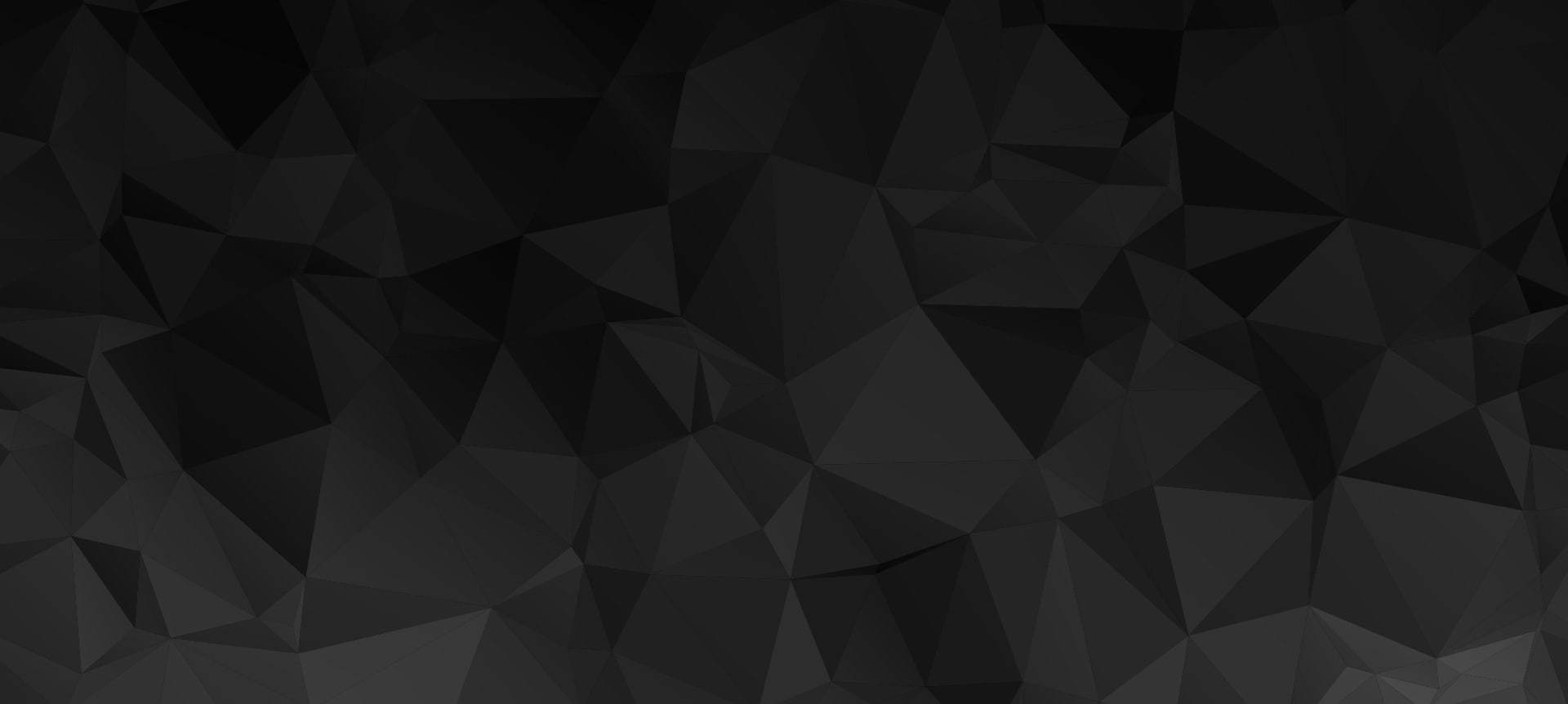If your family is anything like mine, you are on your phone or tablet or binging any number of streaming services. I am on the computer most of the day, my kids are on Chromebooks all day long at school, and sometimes weekends consist of Minecraft. Don’t get me wrong, I have a variety of other much healthier past times as well, but it is virtually inescapable these days. It’s just too handy to plunk down and decompress into a screen. Being in the eyecare industry we hear all the things the lens companies want us to know about the damaging effects of blue light. The Doctors I work for on the other hand were not quite as convinced.
So, here is what I have learned:
What is blue light? Blue light is a color in the visible light spectrum that can be seen by human eyes. Blue light is a short wavelength, which means it produces higher amounts of energy. As a matter of fact, blue light is the reason the sky looks blue. So, what is the big deal? Well… there is a lot of controversy about blue light and its potential effects. Here is the breakdown. If you take cells and put them in a petri dish and expose them to significant amounts of blue light then yes, the cells will break down. However, these negative effects have yet to be proven to happen in cells in a living eye. So, what about prolonged exposure? Surely if there is proof of high doses hurting exposed cells in a petri dish then a lifetime of iPad, Netflix, and Xbox is bound to cause cataracts or macular degeneration, right? Ummm…. not necessarily, the example I was given is that if you fill a tub with scalding water and jump right in, you’ll get burned. But, if you have a nice warm bath every night for your whole life, you won’t have the same result.
Another thing that I found interesting is that we get way more blue light exposure from the sun on a cloudy day in a short while than we do sitting at work all day in front of the computer. As a matter of fact- using the highest blue light emitting source vs. the least blue light emitting day shows screens only produce 1.6% of what is outside! Does this not beg the question why are we not marketing blue light protective glasses to our farmers?
So, here’s the good and bad that we know: Blue light helps to elevate mood, increase alertness, helps memory, and increases cognitive function. On the other hand, blue light also affects our circadian rhythm which is our body’s natural sleep cycle. So, as such experts say that 2 hours before bedtime we should probably unplug. Which is good advice even if we aren’t talking about blue light exposure.
So, being a gal who loves to sell glasses and wants the best for our patients, what do I recommend? It is totally up to you. Do I wear it? Yup! Would I ever buy another pair of glasses without it? Also, yup! I like having it because I can, it’s not going to hurt anything to have it, and it is readily available at an affordable price (most lens companies retail it for about 20$ extra). But honestly ditch the mom/dad guilt, it just isn’t worth losing sleep over. If you think it’s important go for it, we have it here and are happy to supply it. But, if your tween doesn’t love the way the coating makes their selfies look, skip it. UV protection is WAY more important, and that we will recommend, and usually supply without question. So, we’ve got you covered!
Lindsay Nelligan


